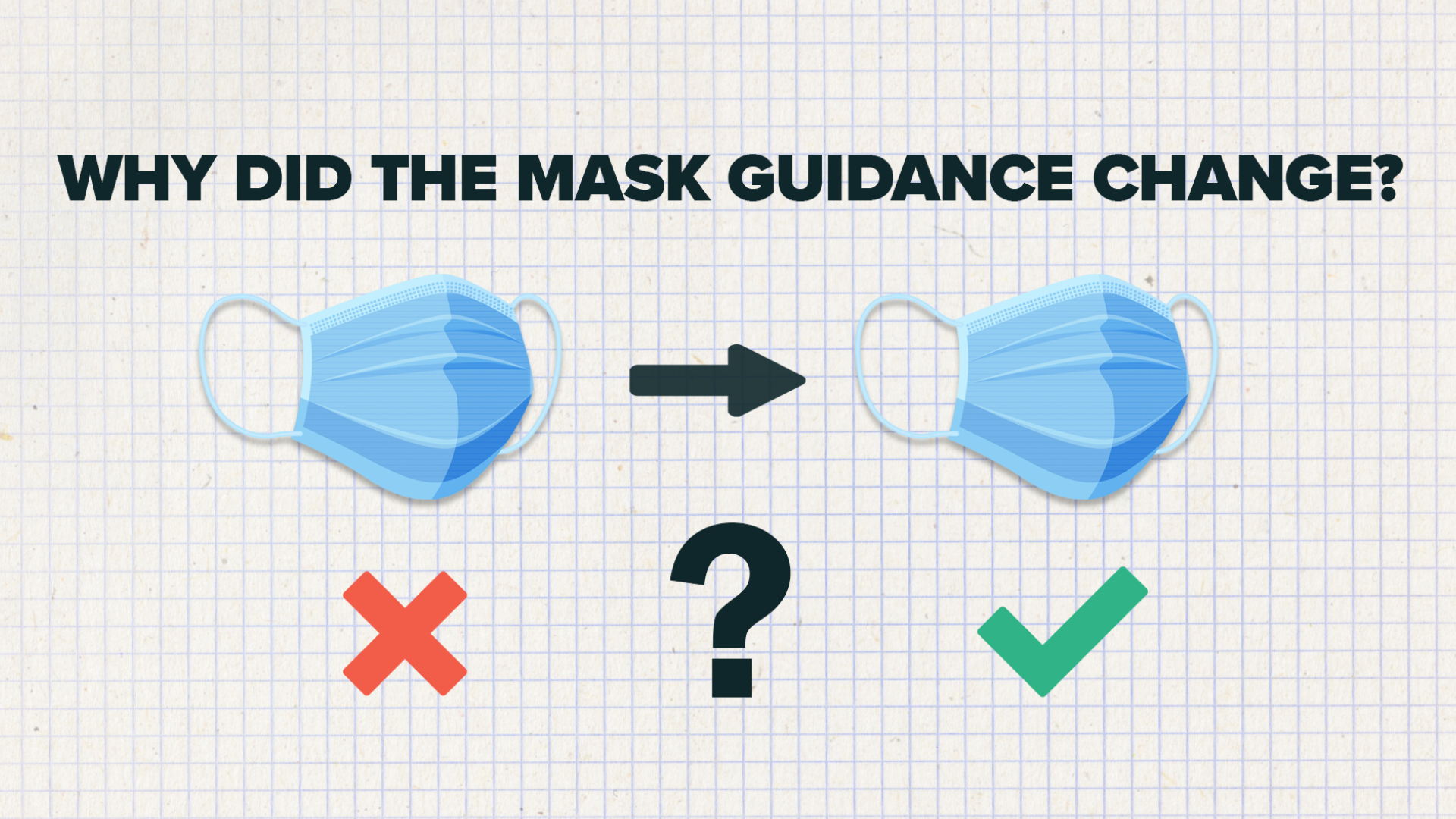As concerns about coronavirus has grown, so have all the questions about symptoms, social distancing, stimulus checks, and much more.
We've put together a database featuring more than 100 questions from you, our viewers, specifically about COVID-19. And if you don't see your question in there, you can submit yours and our VERIFY team will work to get the answer for you.
Here are a couple of the most-commonly asked coronavirus questions in recent weeks.
How can I check the status of my stimulus check?
The IRS launched its 'Get My Payment' tool that allows taxpayers to check on the status of their payment, confirm how they want to be paid (direct deposit or check) and to enter their bank account information for direct deposit purposes.
How do I know if I have coronavirus, allergies, or the flu?
View all News 8 coverage of coronavirus / COVID-19
News 8 has joined forces with The San Diego Foundation to raise immediate, emergency funds for our most vulnerable neighbors in need. Here is how you can help.
We also have a Frequently Asked Questions page we will continue updating with the latest information and reports.
Click here to watch "Facts Not Fear," a News 8 Special on coronavirus from March 26, 2020.
BACKGROUND:
According to the CDC, coronavirus (COVID-19) is a family of viruses that is spreadable from person to person. Coronavirus is believed to have been first detected in a seafood market in Wuhan, China in December 2019. If someone is sick with coronavirus, the symptoms they may show include mild to severe respiratory illness, cough, and difficulty breathing.
Currently, there is no vaccine, however, the CDC suggests the following precautions, as with any other respiratory illness:
Know how it spreads:
- There is no vaccine
- The best way to prevent illness is to avoid being exposed to the virus
- It is thought to spread mainly from person-person between people in close contact
- And believed to be spread by respiratory droplets produced when an infected person coughs or sneezes
Protect yourself
- Wash your hands with soap and water for a minimum of 20 seconds
- If soap and water aren't available, use hand sanitizer that contains at least 60% alcohol
- Avoid touching your eyes, nose, and mouth
- Avoid close contact with people who are sick
- Put distance between yourselves and others
Protect others
- Stay home when you are sick
- Wear a facemask if you are sick
- Cover your cough or sneeze with a tissue, then throw the tissue in the trash
- If you don't have tissue, cough or sneeze into the inside of your elbow
- Immediately wash your hands after coughing and sneezing
- Clean and disinfect frequently touched objects and surfaces using a regular household cleaning spray or wipe
You can find information on disinfecting and cleaning on the CDC's How to Protect Yourself page.
The California Department of Public Health has issued guidance on the use of cloth face coverings to protect against the spread of the novel coronavirus COVID-19.
The County of San Diego has made face coverings mandatory for those working with the public including grocery stores, pharmacies, gas stations, convenience stores, and similar businesses.

